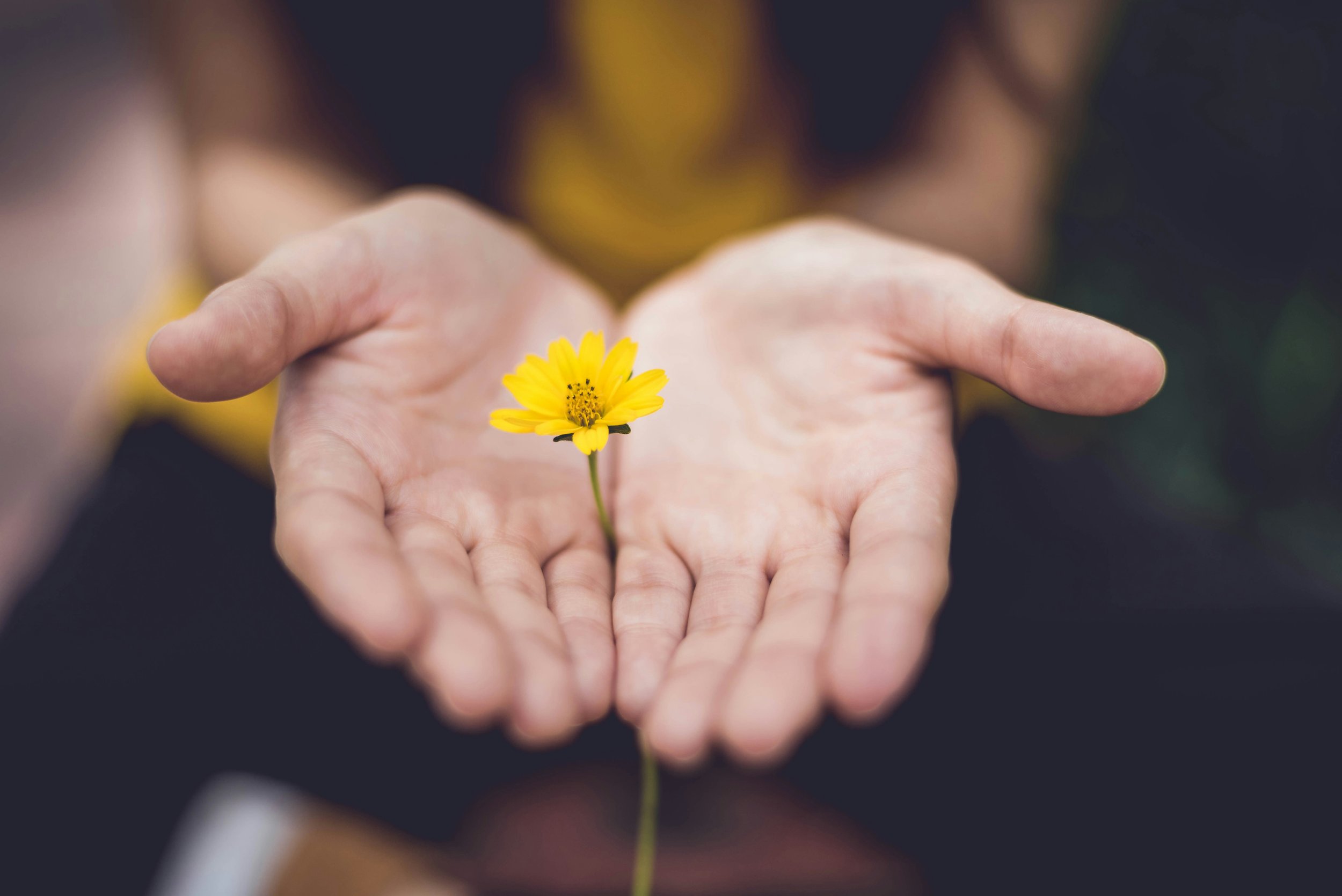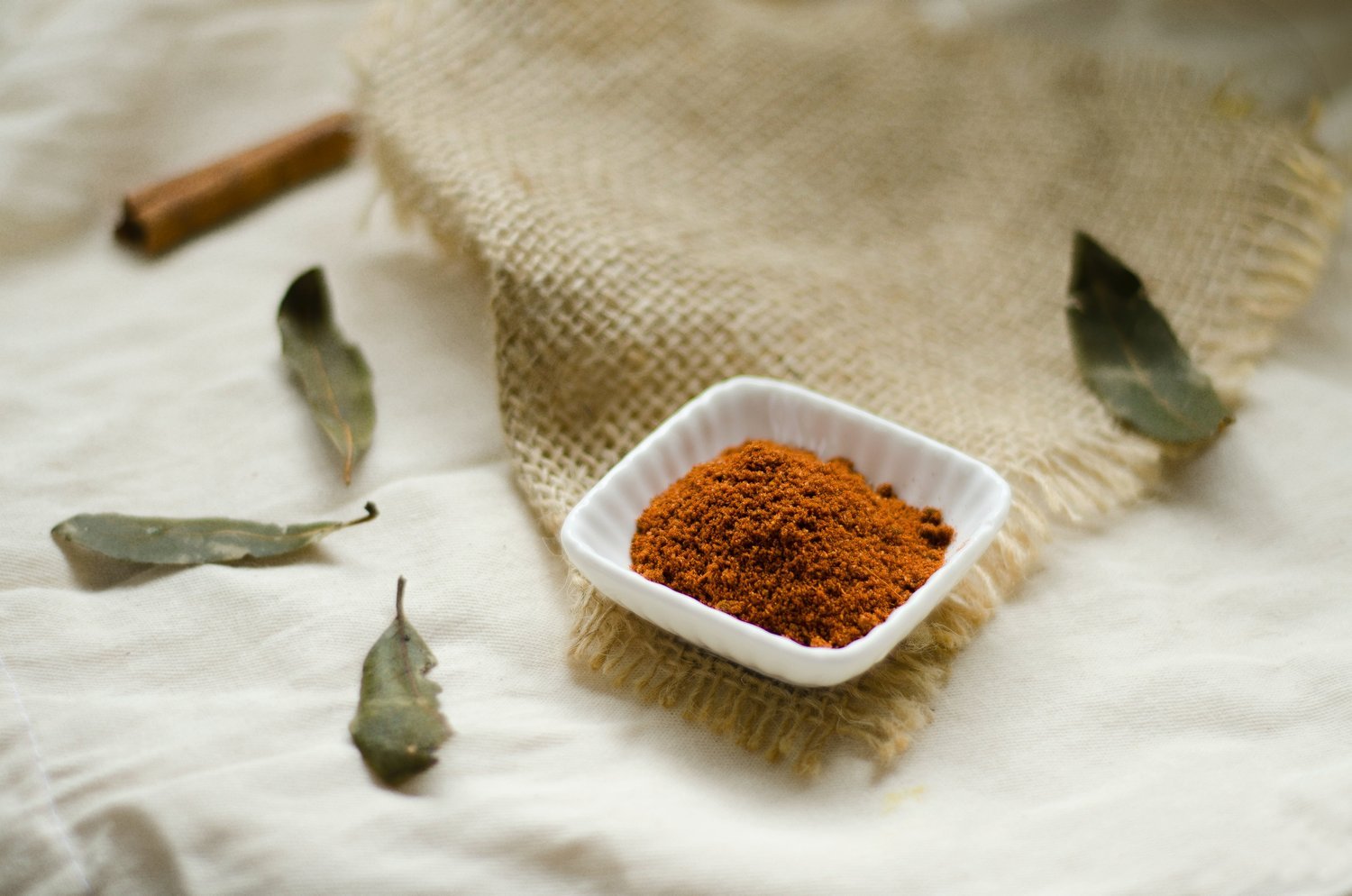Understanding Ayurveda: Decode Your Dosha For Better Health
Balance is the key to well-being in Ayurveda. The doshas, the bio-energetic blueprints or mind-body constitutions, are the primary contributors to keeping balance.
Each dosha–Vata, Pitta, and Kapha–has a unique set of characteristics and qualities that influence each of us individually. By understanding your dosha, you can deepen your understanding of Ayurvedic remedies, principles, and how to apply them to your everyday life.
In this article, we will explore the three doshas and show how they can influence your health and well-being. And if you’re new to Ayurveda, I recommend starting with the Golden Principle to better understand your dosha.
Topics in this blog include:
Understanding Doshas in Ayurveda
The Three Doshas—Vata, Pitta, Kapha
Boost Your Energy According to Your Dosha
Embrace Your Dosha for Optimal Health
Understanding Doshas in Ayurveda
Doshas are the three primary bio-energies that impact our physical, emotional, and mental health. These dynamic energies fluctuate according to our diet, environment, age, and many other factors.
The doshas are composed of the five basic elements in Ayurveda–space, air, fire, water, and earth. Each dosha is a mix of these elements:
Vata is composed of space and air.
Pitta is made up of fire and water.
Kapha combines water and earth.
All three doshas are at work in our systems at all times. When people talk about their dosha, they mean the dosha that is predominant in their constitution. We call this predominant dosha Prakruti, or your natural constitution. This is the balance that you were born with and it will remain your inherent tendency.
Vikruti, on the other hand, is your currently dominant dosha in your constitution. Your baseline constitution can shift due to stress, health challenges, weather changes, and life transitions. By understanding and adjusting your lifestyle according to your dosha, you can enhance your body’s natural healing capabilities and achieve a more balanced state of health.
The Three Doshas
Vata Dosha
Vata dosha is composed of the space and air elements. Vata governs all movement in the mind and body, including blood flow, elimination of waste, the breath, and the function of the mind. Vata dosha drives your nervous system and resides in your colon, thighs, hips, ears, bones, and sensory organs.
Characteristics of Vata Dosha
Vata is characterized by qualities such as cold, light, dry, irregular, rough, moving, quick, and changeable. People with a Vata-predominant constitution are often described as:
Physical Traits:
Thin and light frame, often tall or short with less muscle development.
Dry and rough skin and hair.
Cold hands and feet.
Mental and Emotional Traits:
High energy in short bursts but tires easily and tends to overexert.
Enthusiastic, creative, and flexible.
Quick to learn but also quick to forget.
Behavioral Characteristics:
Moves and speaks quickly.
Enjoys change and new experiences.
Has variable hunger and digestion.
Prefers warmer climates.
Common Vata Imbalances
When Vata is out of balance, it can cause various physical, mental, and emotional symptoms. Common signs of Vata imbalance include:
Digestive issues such as gas, bloating, constipation, or irregular digestion.
Difficulty sleeping, light sleep, or insomnia.
Skin dryness or roughness.
Feeling cold, especially in the hands and feet.
Mental disturbances like anxiety, restlessness, and scattered thoughts.
Tendency towards worry and inconsistency.
Physical fatigue, weakness, or exhaustion after minimal exertion.
Pitta Dosha
Pitta dosha is composed of the fire and water elements. Pitta governs all transformations in the mind and body, including digestion, metabolism, heat regulation, and energy production. Pitta dosha drives your digestive system and resides in your small intestine, stomach, sweat glands, blood, eyes, and skin.
Characteristics of Pitta Dosha
Pitta is characterized by qualities such as hot, sharp, light, liquid, and mobile. People with a Pitta-predominant constitution often exhibit the following traits:
Physical Traits:
Medium build with well-developed musculature.
Warm body temperature, sweats easily.
Fair or reddish skin that may burn easily.
Sharp facial features with a penetrating gaze.
Mental and Emotional Traits:
Sharp intellect and powerful concentration.
Ambitious, driven, and passionate.
Competitive and perfectionistic.
Behavioral Characteristics:
Strong digestion and strong appetite with preference for regular meals.
Likes to be in command and seeks positions of leadership.
Enjoys challenges.
Prefers cooler climates.
Common Pitta Imbalances
An imbalance in Pitta can lead to symptoms related to excess heat or inflammation. Common signs of Pitta imbalance include:
Digestive problems like hyperacidity, heartburn, or ulcers.
Skin issues such as rashes, acne, and eczema.
Overheating of the body, leading to discomfort and excessive sweating.
Emotional disturbances like anger, criticism, jealousy, and excessive competitiveness.
Tendency towards irritability and impatience.
Premature graying or thinning of hair.
Kapha Dosha
Kapha dosha is composed of the water and earth elements. Kapha governs structure, stability, and lubrication in the mind and body, controlling growth, body weight, and fluid balance. Kapha dosha provides the body's physical form and strength and resides in your chest, lungs, throat, head, lymph, and fat tissue.
Characteristics of Kapha Dosha
Kapha is characterized by qualities such as cold, heavy, soft, dense, stable, and oily. People with a Kapha-predominant constitution usually show the following traits:
Physical Traits:
Solid, strong body frame with tendency to gain weight easily.
Smooth, oily, and pale skin
Thick, wavy, lustrous hair.
Large, expressive eyes with thick, long lashes.
Mental and Emotional Traits:
Naturally calm, grounded, and stable.
Methodical in thought and action, with a slow but steady pace of learning.
Deep, long-lasting memory.
Behavioral Characteristics:
Strong stamina but overall lower activity levels and enjoys leisure.
Prefers routine making them very reliable and loyal.
Sleeps deeply and long.
Steady, strong appetite but slow digestion.
Common Kapha Imbalances
When Kapha becomes imbalanced, it can lead to symptoms related to stagnation and excess moisture. Common signs of Kapha imbalance include:
Weight gain and difficulty losing excess weight.
Feelings of lethargy, fatigue, and lack of motivation.
Excessive sleep or feeling sleepy even after a full night's rest.
Digestive issues like slow metabolism and mucous-related conditions.
Emotional challenges such as depression, attachment, and difficulty letting go.
Tendency towards attachment, possessiveness, and resistance to change. Congestion, excessive mucus, and sinus problems.
Boost Your Energy According to Your Dosha
Ever wondered how to increase your energy according to your dosha? I’ll let you in on a secret—the energy types in my Energy Fix Quiz are directly based on the doshas. By taking this quiz, you’ll receive personalized recommendations to reduce fatigue and boost your energy levels based on your dosha.
Understanding your energy type will help you tailor your lifestyle and habits to support your unique needs, leading to greater vitality and well-being. Ready to find out your dosha and get your personalized energy-boosting tips? Take the Energy Fix Quiz now!
Embrace Your Dosha for Optimal Health
Understanding and knowing your dosha is a vital step toward achieving personalized health and well-being. By identifying whether you are predominantly Vata, Pitta, or Kapha, you can tailor your diet, lifestyle, and self-care practices to support your unique constitution. This personalized approach not only helps prevent imbalances and illnesses but also promotes a harmonious and fulfilling life.
Ayurveda teaches us that we are an integral part of nature. By living in tune with our dosha, we can enhance our vitality and overall health. Embrace the wisdom of Ayurveda to cultivate balance, peace, and optimal health.
Be well,
Avanti Kumar-Singh, MD
P.S. Find out why I suggest Ayurvedic beginners wait to learn about their doshas.























